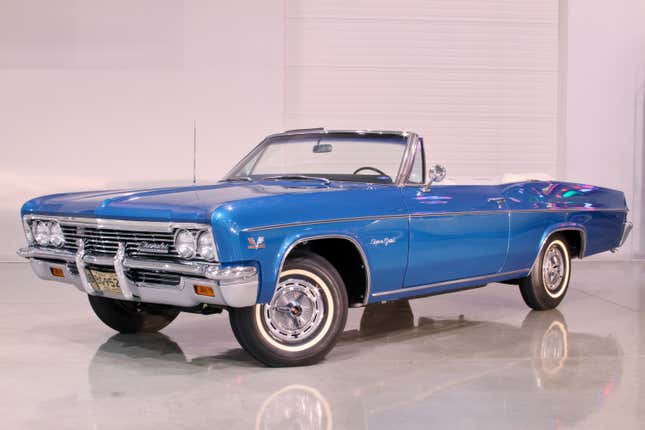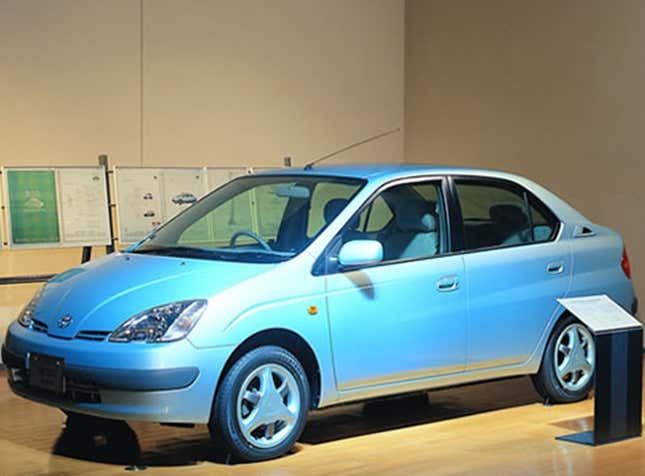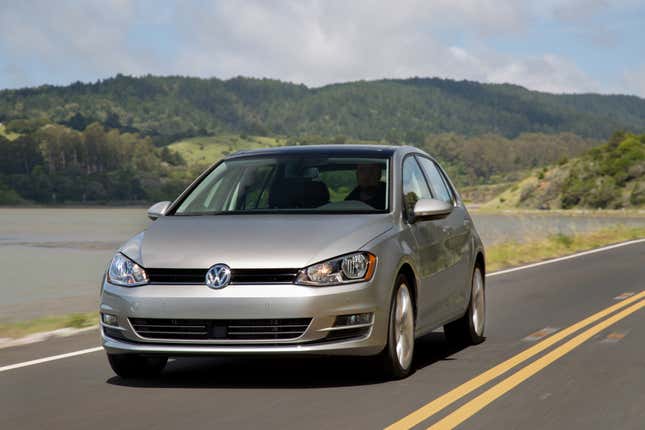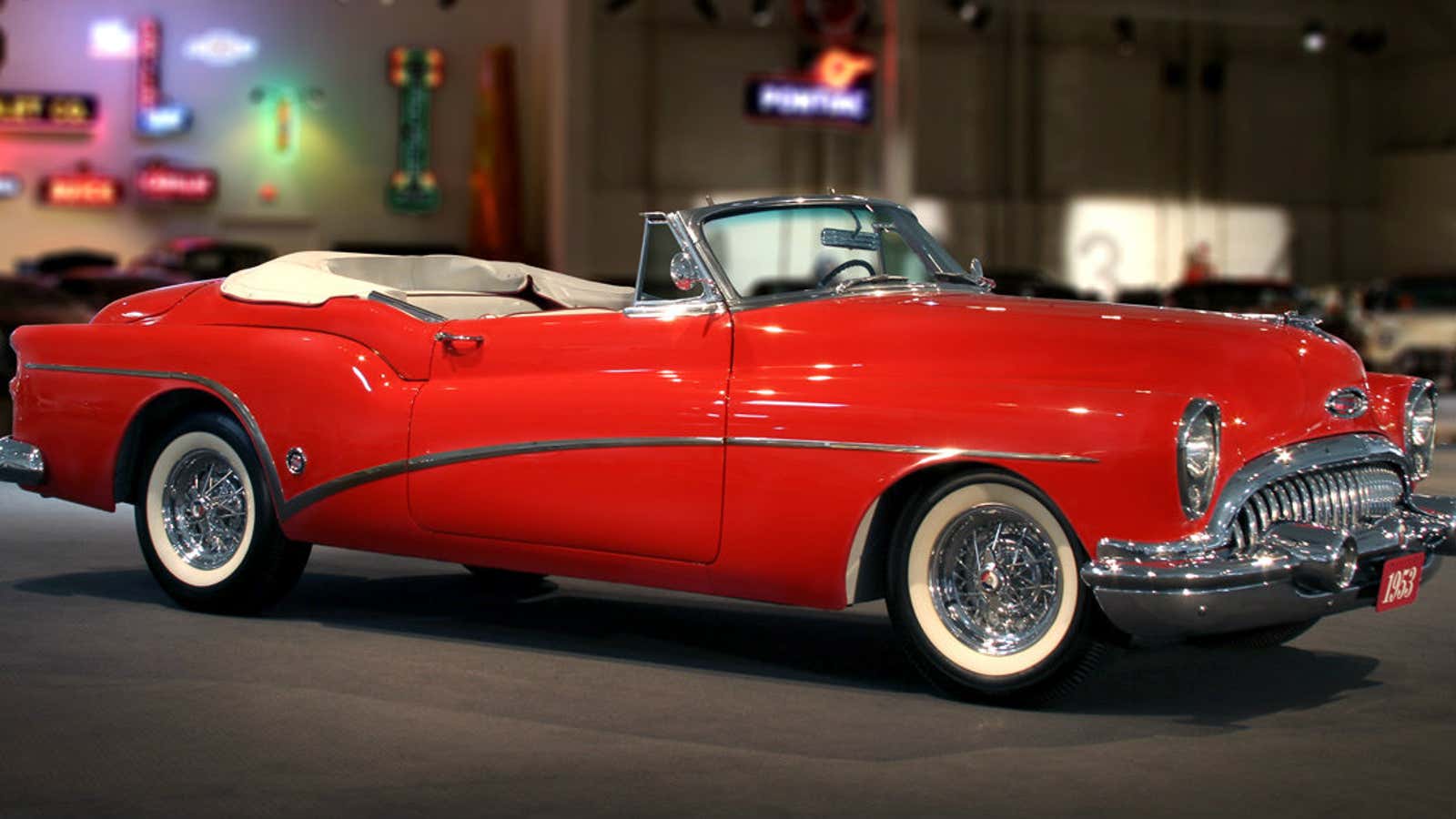First it was GM, then Toyota, and now Volkswagen: For each of these players in a seemingly star-crossed game, no sooner did it rise to be the biggest name in carmaking, than it fell in a stupendous, unforced blunder.
Experts say that there in fact is a Pyrrhic quality to victory in the carmaking majors—it’s nice to reach the top, but to get there, you end up cutting corners.
“There is an industry cocktail that breeds this behavior,” Nick Oliver, a professor at the University of Edinburgh Business School, told Quartz. Oliver, co-author (with Matthias Holweg) of the forthcoming book Crisis, Resilience and Survival: Lessons from the Global Auto Industry, said, “The car industry is characterized by huge, economically marginal companies. There’s a kind of pressure cooker that breeds funny behavior.”

GM was the world’s biggest-selling carmaker for 77 consecutive years until 2008, a colossal so central to American power that the arc of the two—the company and the country—seemed intertwined.
But with those heights came hubris. Starting in the 1970s, GM—along with its US competitors Ford and Chrysler—became known for stodgy, lackluster design and, later, mediocre quality.
The scale of GM’s carelessness reached an apex in 2010, when it suffered the ignominy of bankruptcy, and was derided by some as Government Motors. Yet even that embarrassment failed to force GM to entirely regroup. Last week (Sept. 17) the company agreed to pay a $900 million fine for deliberately concealing a faulty ignition switch responsible for the deaths of some 120 people.

Meanwhile, Japanese carmakers, once a joke in the US, surged into the market with vehicles admired for consistent quality and innovation. At the front of the pack was Toyota, with its market-leading Camry. Toyota came on strong—before anyone, the company produced a mass-market hybrid electric vehicle, the 1997 Prius. Pictured at the left, it may not look like much today, but at the time it was a visionary move. Within a few years, the Prius did something for the Japanese company that GM could only dream of—it placed Toyota on the leading edge of cool. In 2008, the market rewarded Toyota by buying more of its cars than anyone else’s—including GM.
But the very next year, Toyota began to be the target of complaints and accusations regarding the inadvertent acceleration of some of its vehicles. The company insisted there was nothing wrong with its cars—while there was acceleration in some cases, it said, it was because of drivers kicking the floormats in a way that caused the pedals to stick.
But reported fatalities as a result of the acceleration forced Toyota to order massive, rolling recalls, and to suspend the sale of its best-selling models. And in March 2014, Toyota finally admitted that it had been lying—the pedals did stick, and it agreed to pay a $1.2 billion US fine to avoid prosecution. In an interview last year, a Toyota executive said the company now understands that it should have moved much faster and not covered up the facts.

Meanwhile, its reputation had taken a blow. Two months ago, VW grabbed the global car-sales crown. One of VW’s big boasts has been that it had figured out how to make diesel engines clean. But now it turns out that its technical triumph was a ruse. Today the company admitted that that “discrepancies” in the software that controls emissions in some diesel-engine models affects some 11 million vehicles around the world.
The market is reacting brutally, sending down VW shares by nearly 20% in European trading today after another 20% plunge yesterday. VW CEO Martin Winterkorn is almost certain to lose his job, and the scandal could take down other executives and members of the board.
Michael Cusumano, a professor at the Massachusetts Institute of Technology, blames the economics of the business.
“No one is putting a gun to their head” to compel this bad behavior, he tells Quartz. Yet it’s difficult to make money otherwise. “It’s hard to increase market share,” Cusumano said. “Profit margins are tight. It’s hard to differentiate your product. So you see examples of companies pushing the envelope.”
